There’s nothing quite like a hot cup of coffee or tea to get your morning started. Yet while that kick of caffeine helps many of us wake up and get moving, many of us still have unresolved questions over our favorite beverages. Is coffee good or bad for me? How does caffeine affect my body? And, of course, how much caffeine is too much?
According to research, the average healthy adult can consume about 400 mg of caffeine a day without experiencing any negative side effects. In this blog, we’re taking a closer look at how caffeine affects your body, how much you should drink, what happens if you drink too much, and some of the top healthy options (and health benefits) of caffeine.
At PhytAge Laboratories, we’ve created an entire line of organic health supplements to boost your health and help you live your best life. With many top-selling health supplements, including Nerve Control 911, Tinnitus 911, Joint Relief 911, and more, we’ve got a health supplement that’s right for your goals.
How Does Caffeine Affect the Body?
Caffeine is an essential ingredient in many of the world’s most popular beverages. From coffee, tea, to energy drinks and soda, it can seem hard to avoid caffeine these days. But when consumed in moderation, most experts agree that caffeine is perfectly safe. In fact, there are also clear health benefits to having a cup of coffee or tea each day.
But it should still be noted that, as a stimulant, there are significant effects to almost every part of your body. Some of the most notable effects include:
- Faster heart rate
- A feeling of alertness
- Increased physical energy
- Increased breathing rate
- May also increase feelings of anxiety
- Higher dopamine levels
- May positively impact memory and cognition
- May cause heartburn for some people
Negative Effects of Caffeine
As previously noted, caffeine is perfectly fine when consumed in moderation. However, like most other things, the risks become more significant when you consume more than the recommended daily amount.
Consuming more than 400mg of caffeine a day (adjusted, of course, based on your weight, level of activity, and the state of your health) may cause the following side effects:
- Headaches
- Dizziness
- Fast heart rate
- Dehydration
- Anxiety
- Restlessness
- Insomnia
If you’re experiencing one or more of these symptoms after drinking caffeine, stop immediately. To reduce these symptoms, try drinking water, going for a walk, or eating a healthy meal. If the symptoms continue, contact your doctor.
How Much Caffeine is Too Much?
According to the National Library of Medicine, roughly 85 percent of adults in the United States regularly consume caffeine.
So if you feel like you need that cup of coffee to get started in the morning, you’re definitely not alone. But at some point, anyone who regularly enjoys coffee, tea, energy drinks, or any other caffeinated beverage will consider an important question: just how much caffeine is too much?
According to the Mayo Clinic, studies suggest that up to 400 milligrams (mg) of caffeine per day is safe for the average, healthy adult. What does this look like? Roughly, 400 mgs of caffeine will equate to four cups of coffee, ten cans of soda, or two energy drinks. It’s important to note, however, that the amount of added caffeine in some beverages (especially energy drinks) may vary, so make sure you’re reading the nutritional labels as well.
Healthy Sources of Caffeine
Of course, these recommended levels are in reference to just the caffeine in these beverages. For example, no healthcare professional would ever say it’s okay to drink ten sodas each day—even if the level of caffeine is safe. Soda and energy drinks in particular have tons of added sugars and other ingredients that can prove detrimental to your overall health. Thus, if you’re looking for a healthier way to get the caffeine you crave, try these options:
- Tea: green tea, matcha tea, and Earl Grey tea all have caffeine that can help your day get started. With very few calories and a range of additional health benefits, tea is probably the healthiest option when it comes to consuming caffeine.
- Coffee: perhaps the most popular source of caffeine throughout the world, coffee is a staple for many people’s morning routines. Studies seem to go back and forth over the positive and negative effects of coffee, but most research seems to indicate that coffee is safe for consumption (even beneficial to your health) in moderation.
- Kombucha: in recent years, this drink has rapidly become more popular. Kombucha is a fermented beverage made with tea, sugar, bacteria, and yeast. Studies suggest kombucha may have several health benefits, including a lower risk of heart disease, a boost of antioxidants, and similar health benefits to drinking green tea.
Conclusion – How Much Caffeine is Too Much?
For many of us, it’s difficult to imagine your morning routine without a warm cup of coffee or tea. And what’s the secret to these beverages helping us get started each day? It’s all about the caffeine. Caffeine is a naturally occurring stimulant that can be found in a variety of plants, including tea leaves and coffee beans. While many of us may worry about drinking too much caffeine throughout our day, research shows that consuming a moderate amount of caffeine is perfectly safe.
If you’re looking to improve your diet and ensure you’re getting the vitamins and nutrients you need, you may want to add an organic health supplement into your daily diet. At PhytAge Labs, we’ve developed an entire line of all-natural health supplements to help you boost your overall health and wellness. With many top health supplements, including Prostate 911, Tinnitus 911, Internal 911, and more, we’re sure to have an all-natural health supplement to address your wellness goals.
Contact us today to learn more about our full line of all-natural health supplements. When you get enough of the key vitamins and minerals your body needs, you’ll be amazed at how much better you feel. Together, let’s begin your journey toward a happier and healthier life.
 Cart
Cart


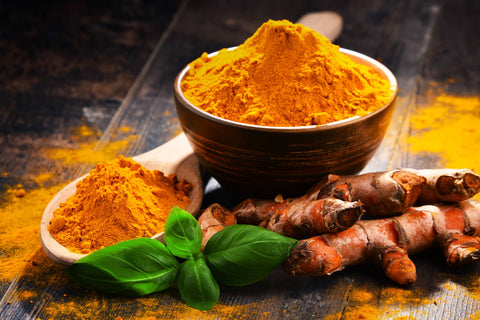
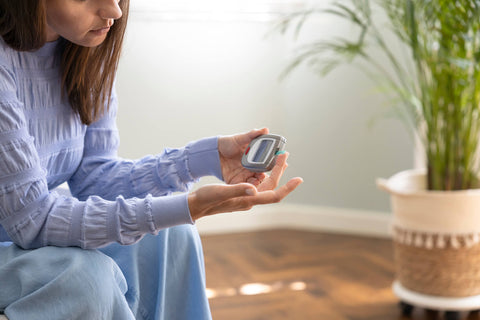
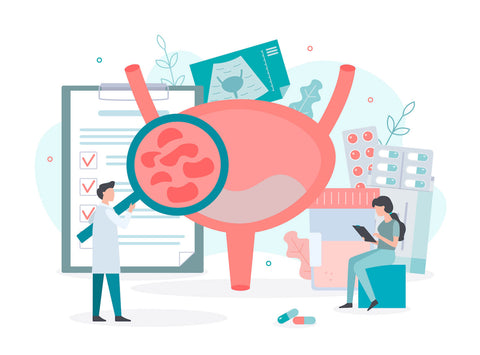


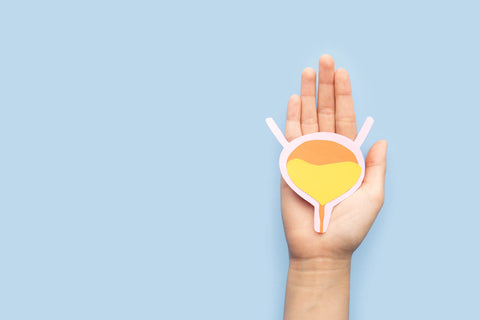
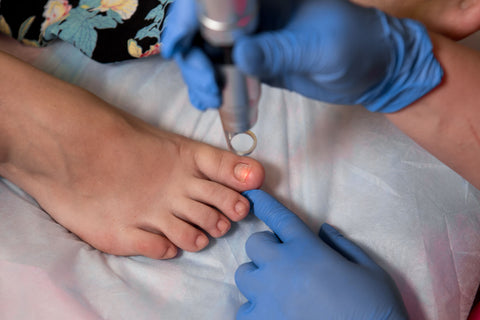
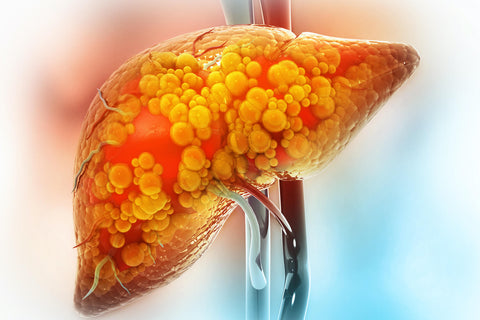



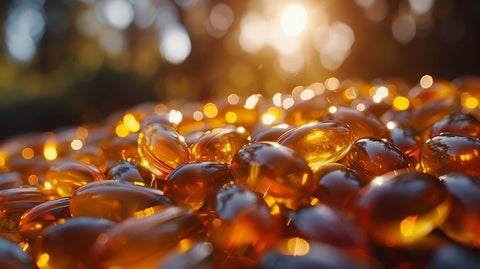

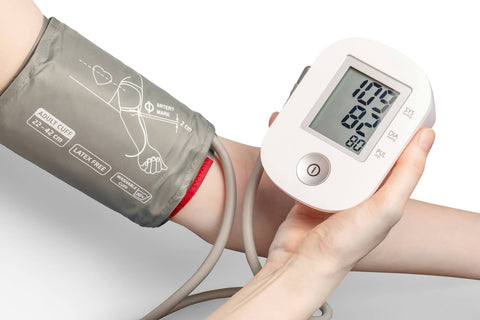

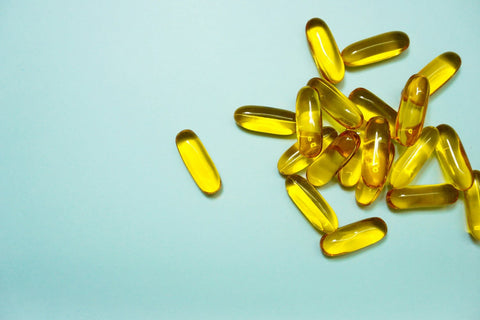
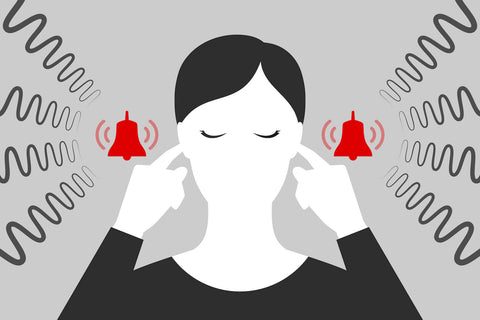


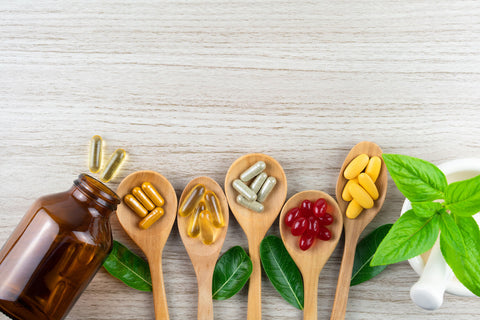
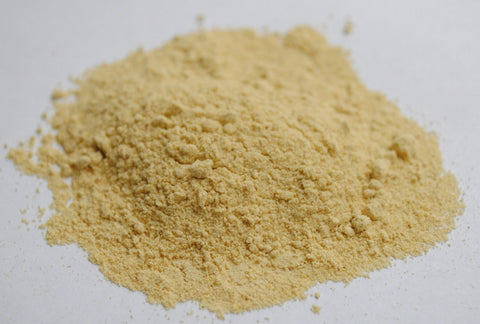
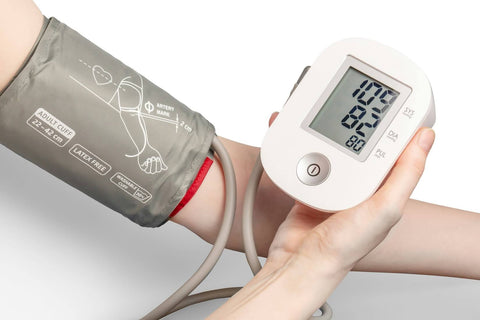
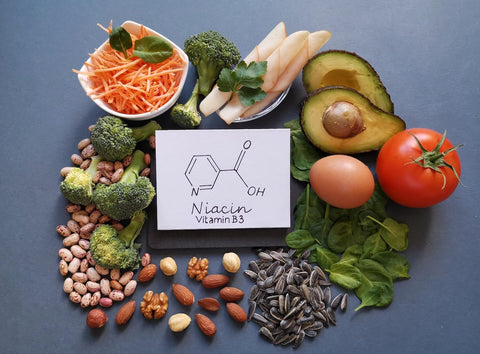

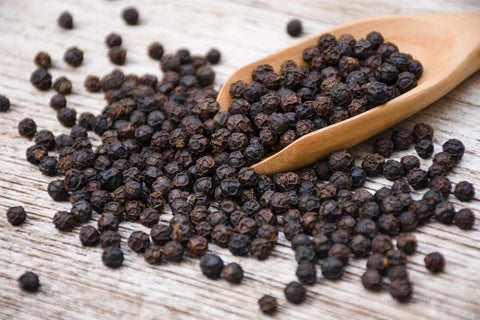


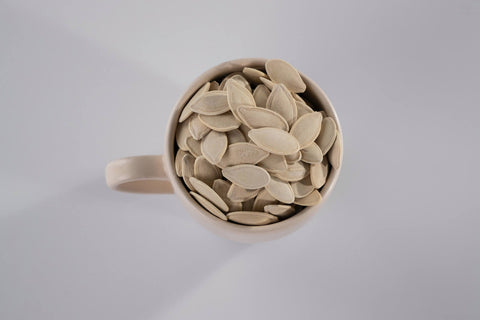

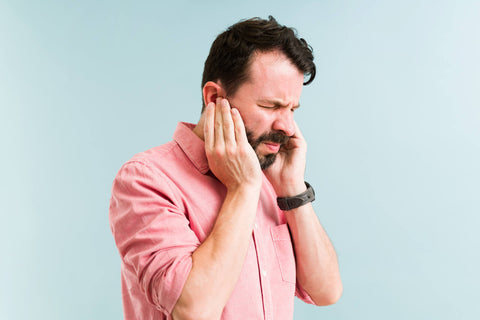





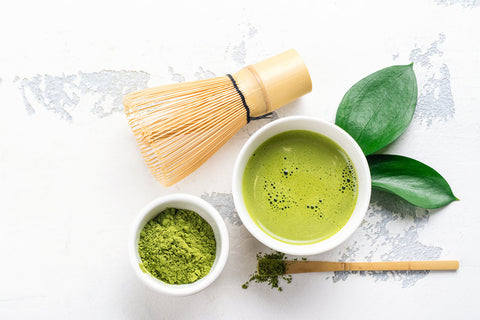






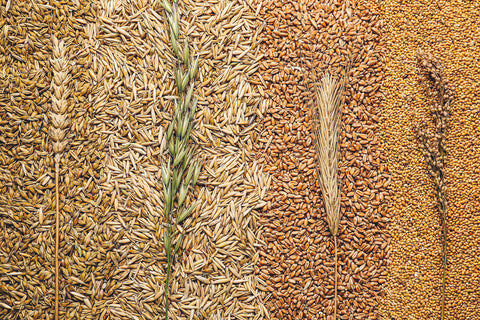
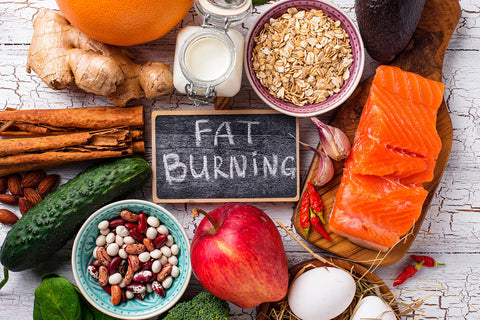
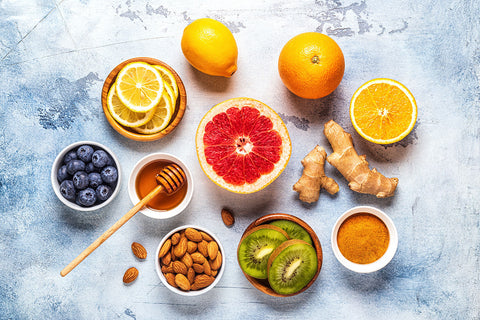
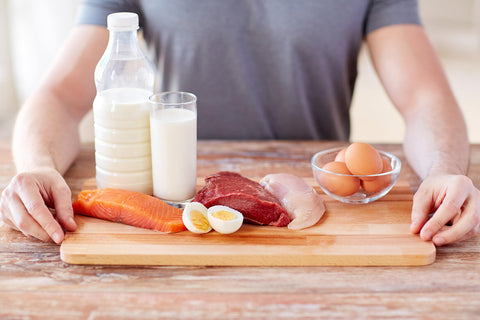



 1-800-822-5753
1-800-822-5753
